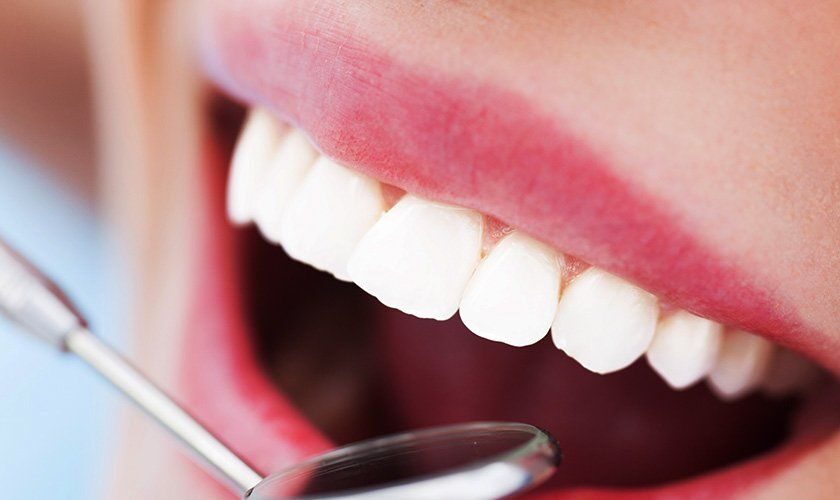Your capacity to communicate, eat, smile, and show feelings depends on oral health. It also impacts your relationships with others, sense of self-worth, productivity, and reliability at work and in education.
That is why seeing the dentist in Leduc, Alberta, regularly is essential for a lifetime of good oral health and beyond.
Here are some things your dentist wishes you knew about your teeth for a pleasant dental visit that will leave you (and him or her) grinning.
There are more than 700 different species of bacteria in the mouth.
Researchers have identified more than 700 distinct species of bacteria in the oral cavity, while the average person harbors about 34 to 72 species at any given time.
The vast majority of these bacteria are actually good, preserving teeth and gums and facilitating digestion. However, certain bacteria can lead to cavities and gum disease.
The good news is that frequent flossing and brushing make it easy to manage the bacteria in your mouth. People can reduce their risk of developing pathogenic germs by avoiding sugary and starchy diets.
See a dentist immediately if your gums are bleeding.
You may have a mild infection if your teeth or gums bleed after brushing or flossing. Regular, gentle cleaning can help strengthen the gum tissue and reduce inflammation. If bleeding persists, however, you should consult your dentist to prevent the infection from worsening.
There is such a thing as overbrushing your teeth.
Think again if you believe vigorously brushing away residue benefits your teeth. Using a stiff toothbrush or applying too much force is counterproductive. Overzealous brushing might remove the protective layer of gum tissue. When this layer is lost, sugar and bacteria can more easily attack the teeth, leading to decay.
Do not brush for too long.
The recommended amount of time spent brushing your teeth is four minutes, but no more.
Two to three minutes is the optimum time for brushing. More than that, tooth enamel might wear away, making teeth more vulnerable to cavities.
Setting a timer is an efficient method of keeping inside the two-three-minute limit. Set an egg timer or two-minute stopwatch on your phone or tablet.
You can floss incorrectly.
Snapping or pushing the dental floss up between the teeth is a common mistake flossers make. The sharp edges or rough bristles might cause damage to the gums.
To properly floss, the dental floss should be carefully curled around the base of each tooth. Work it against the tooth’s side, down below the gum line, and back up. Do this routinely to keep gum disease at bay.
